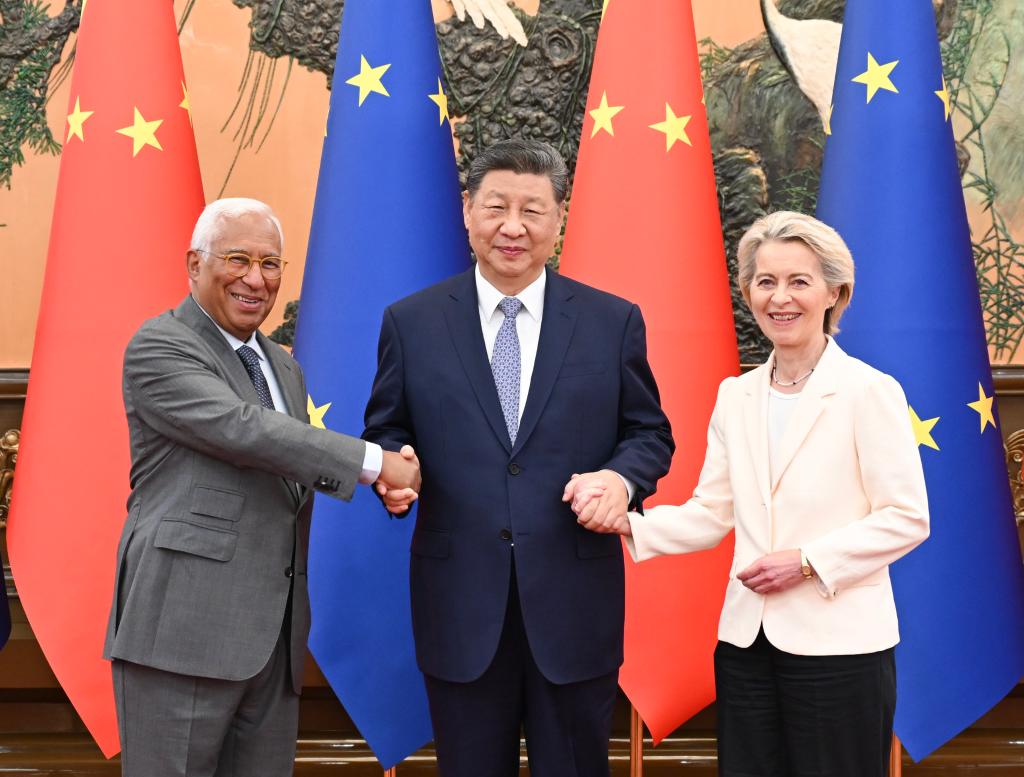Index shows China among top risers in passport attractiveness in past decade

China has become one of the top risers in passport attractiveness in the past decade, climbing 34 places from 94th to 60th since 2015, an achievement that is "particularly impressive" thanks to its "significant move toward greater openness," according to the Henley Passport Index, a widely followed ranking of global passports, in its annual release on Tuesday.
Titled "Asian Nations Dominate Passport Power Ranking as US and UK Continue to Decline," the latest release suggests that Asian nations continue to lead the global mobility race, with Singapore holding the top spot as the world's most powerful passport, and Japan and South Korea sharing second place. A strong European contingent occupies the rest of the Top 5.
The Henley Passport Index is powered by exclusive Timatic data from the International Air Transport Association (IATA) and ranks all the world's passports based on the number of destinations their holders can enter without a prior visa.
According to the latest report, China has been at the forefront of a passport power shift. The fast rise of its passport power is "particularly impressive," considering that, unlike other top risers, China has not yet gained visa-free access to Europe's Schengen Area.
The Chinese Ministry of Public Security revealed in a press conference on Wednesday that during the 14th Five-Year Plan (2021-2025), China expanded its visa-free transit policy to cover 55 countries. In 2024, the number of entries made by foreign nationals to China reached 32.539 million, with 20.115 million entries made under visa-free policies, marking year-on-year increases of 80.7 percent and 112.3 percent, respectively.
China's rise has been assisted by its significant move toward greater openness, the index said. As of May, China had signed mutual visa-exemption agreements with 157 countries, covering different types of passports. In November 2024, it extended the visa-free entry stay period to 30 days, per data released by Xinhua News Agency.
Under the latest visa facilitation policy, China's mutual visa-exemption agreement with Malaysia officially took effect on July 17, further expanding its visa-free travel arrangements. Also, starting on June 1, China's unilateral visa-free program was extended for the first time to Latin American and Caribbean countries, raising the number of countries given unilateral visa-free entry to China to 43.
Once among the most powerful passports in the world, the UK and US now rank 6th and 10th, respectively. Notably, the US is now on the brink of exiting the Top 10 for the first time in the index's 20-year history, it said.
As of June 30, Chinese travellers visa applications for summer vacations on Trip.com Group, one of the largest online travel agencies in China, for European countries like Italy, Norway, and Germany have increased by over 80 percent compared to the same period last year. Short-haul destinations such as Japan and South Korea remain popular, with South Korea experiencing a nearly 50 percent year-on-year increase in summer visa applications, the Group told the Global Times on Wednesday.

